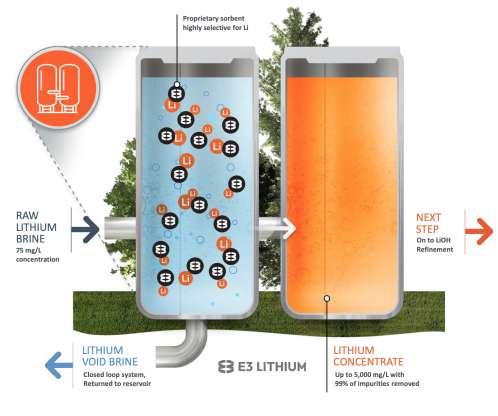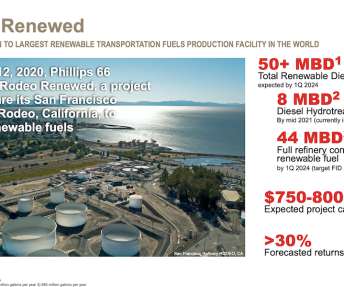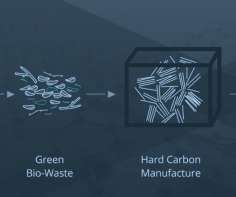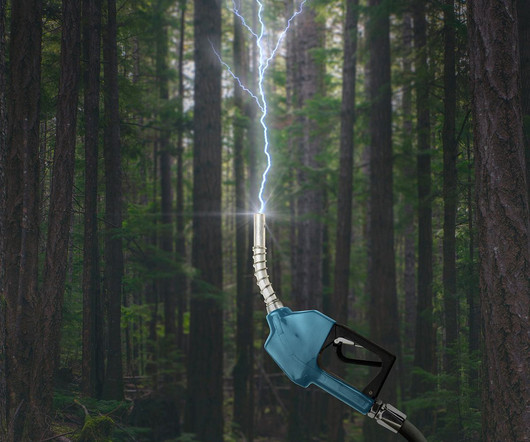Imperial Oil and E3 Lithium partner on lithium pilot project, redeveloping historic oil field
Green Car Congress
JUNE 24, 2022
The pilot will support E3 Lithium’s Clearwater project, which will draw lithium from under the Leduc oil field, Imperial’s historic discovery that first launched major oil and gas development in Western Canada. —Jason Iwanika, director of commercial business development at Imperial.



























Let's personalize your content